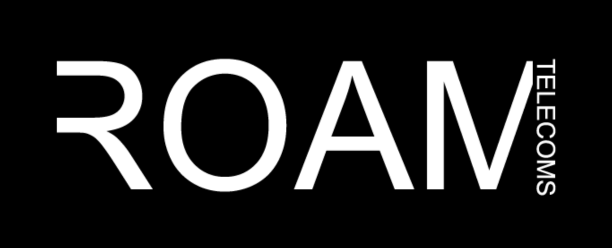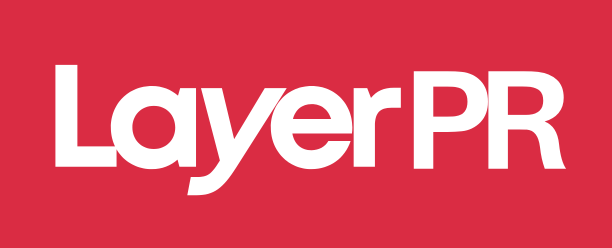India’s largest oil and gas company, Bharat Petroleum Corporation Ltd (BPCL) has announced its partnership with Accenture to digitize its sales and distribution network.
“As a part of the partnership, Accenture will use data, artificial intelligence (AI), to build, design and implement a digital IRIS on its platform,” the statement said.
“Accenture will integrate real-time data from across BPCL’s countrywide network, including more than 18,000 fuel retail outlets, 25,000 tank trucks, 75 oil installations, and depots, 52 liquefied petroleum gas (LPG) bottling plants, and 250 additional industrial and commercial locations, to provide a consolidated view of its extensive operations,” it added.
The IRIS platform will subsequently trigger automated alerts and actions, including rapid response to equipment failures or hazardous situations.
“It will also empower the BPCL workforce of more than 100,000 across the country to make faster and more accurate decisions, including preventative maintenance. This can help increase sales at fuel retail outlets by minimizing infrastructure downtime and ensuring consistent fuel quality, as well as improve the experience for customers,” the company added.
Speaking on the partnership, Arun Kumar Singh, Director (Marketing) and Director (Refineries), BPCL, said in the statement, “Digital transformation opens up new opportunities for the oil and gas industry. As an organization passionate about embracing change and leading the charge, we look forward to leveraging technology to unlock tremendous value, sustainable growth, and improved efficiency.”
“With the deployment of this highly automated command and control platform called IRIS, we will not only bolster our digital capabilities significantly but also improve customer experience and transform operations at scale. It will further ensure consistent and uniform delivery of BPCL’s brand promises of innovation, care, and reliability to our customers,” said Rahul Tandon, Head, Digital Transformation, BPCL, in the statement.
“The new platform will be able to accept more than three million inputs per second from automated sensors, cameras, and Internet of Things (IoT) devices deployed at all key locations, tracking performance based on key parameters such as fuel stock, safety, compliance, and equipment health,” BPCL added.






